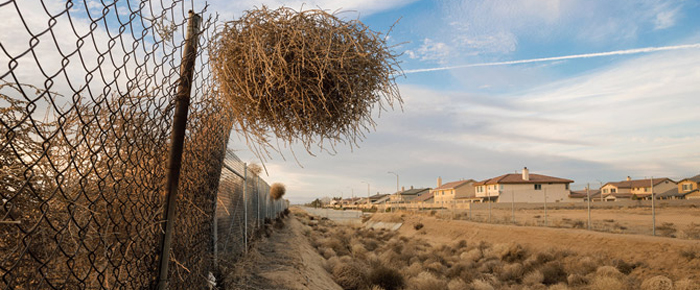
Summer is officially here and with more than half the U.S. currently in drought, there are concerns over the consequences of not only the country’s crop yields and wildfires, but also on human health reminds Fire Chief Sam DiGiovanna.
We will see wildfires increase as well as soils drying out resulting in the amount of airborne particles, such as pollen and smoke. This will affect health issues particularly to those with chronic respiratory illnesses, such as asthma or breathing difficulties.
Drought can increase the risk of people catching the fungal infection coccidioidomycosis, or valley fever. This disease is transmitted when spores in the soil become airborne and are inhaled. Symptoms may include fever, chest pain, coughing, rash, and muscle aches.
In a drought, people may feel the need to reduce hand washing and other hygiene practices to conserve water. Ultimately this can increase the spread of infectious diseases. Install low-flow faucet aerators to reduce water use while still maintaining proper hygiene.
Those whose livelihood is directly tied to the water supply — including farmers, horticulturalists and nursery owners — may suffer adverse mental health effects during a drought, according to the CDC.
The financial-related stress and worry can cause depression, anxiety, and a host of other mental and behavioral health conditions to those whom livelihood is connected to water supply. This is especially true to farmers, nursery owners and horticulturists.
Reduced rainfall can bring increases in food prices, or shortages of certain foods. In a drought, farmers may also use recycled water to irrigate fields. If the recycle process is not properly monitored, crops can become contaminated with pathogens such as salmonella and E. coli.
Increase in diseases transmitted by insects, such as west Nile virus which is spread by mosquitoes, are linked with drought. Drought can shrink bodies of water, and cause water to become stagnant, providing breeding grounds for mosquitoes.
Recreational water injuries may also mean an increase in injuries for those who hoping to grab some summer fun in lakes. Lower water levels are often difficult to perceive, and people may injury themselves by diving into shallow waters or striking objects while boating.
With all that (and more) being said, it’s important we all take measures in conserving our water. Our health depends upon it!
Fire Chief Sam DiGiovanna











































